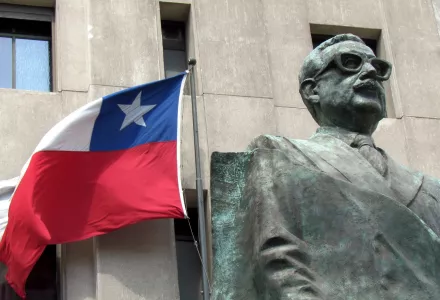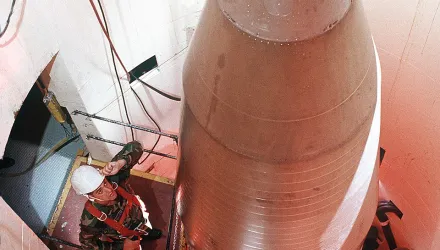
Abstract
Covert action has long been a controversial tool of international relations. However, there is remarkably little public understanding about whether it works and, more fundamentally, about what constitutes success in this shadowy arena of state activity. This article distills competing criteria of success and examines how covert actions become perceived as successes. We develop a conceptual model of covert action success as a social construct and illustrate it through the case of 'the golden age of CIA operations.' The socially constructed nature of success has important implications not just for evaluating covert actions but also for using, and defending against, them.
Cormac, Rory, Calder Walton and Damien Van Puyvelde. "What Constitutes Successful Covert Action? Evaluating Unacknowledged Interventionism in Foreign Affairs." Review of International Affairs, (2021): 1–18.





